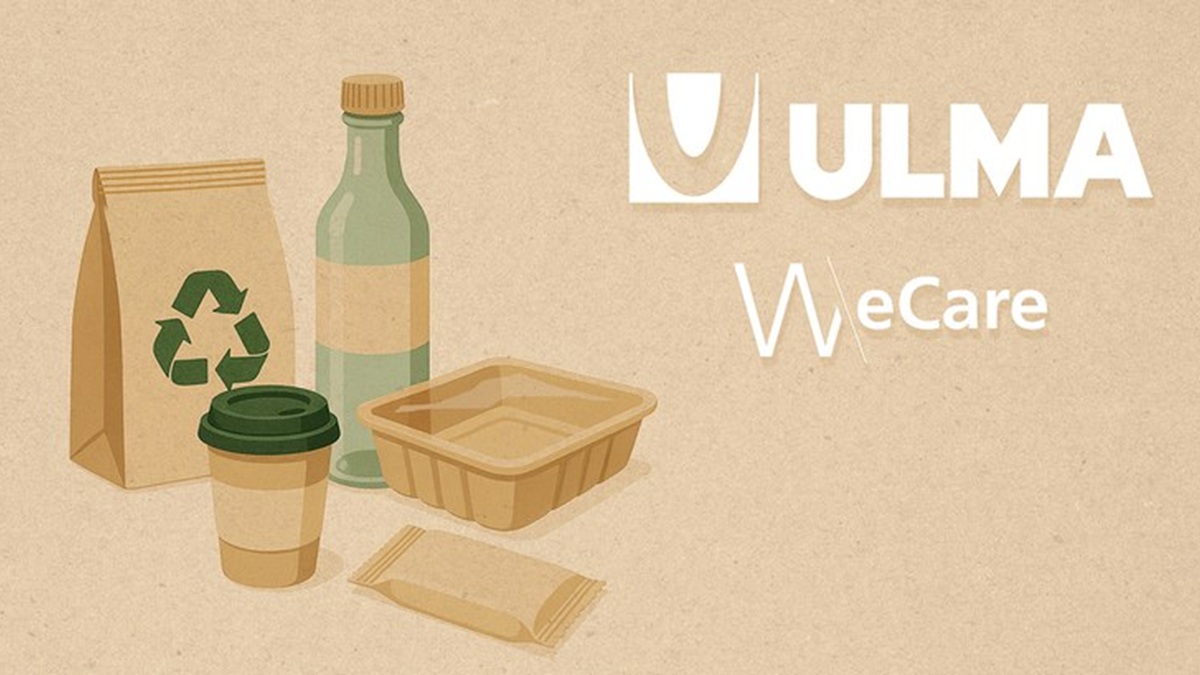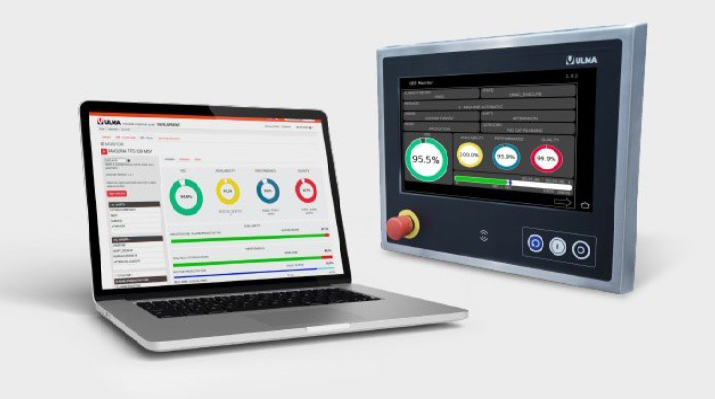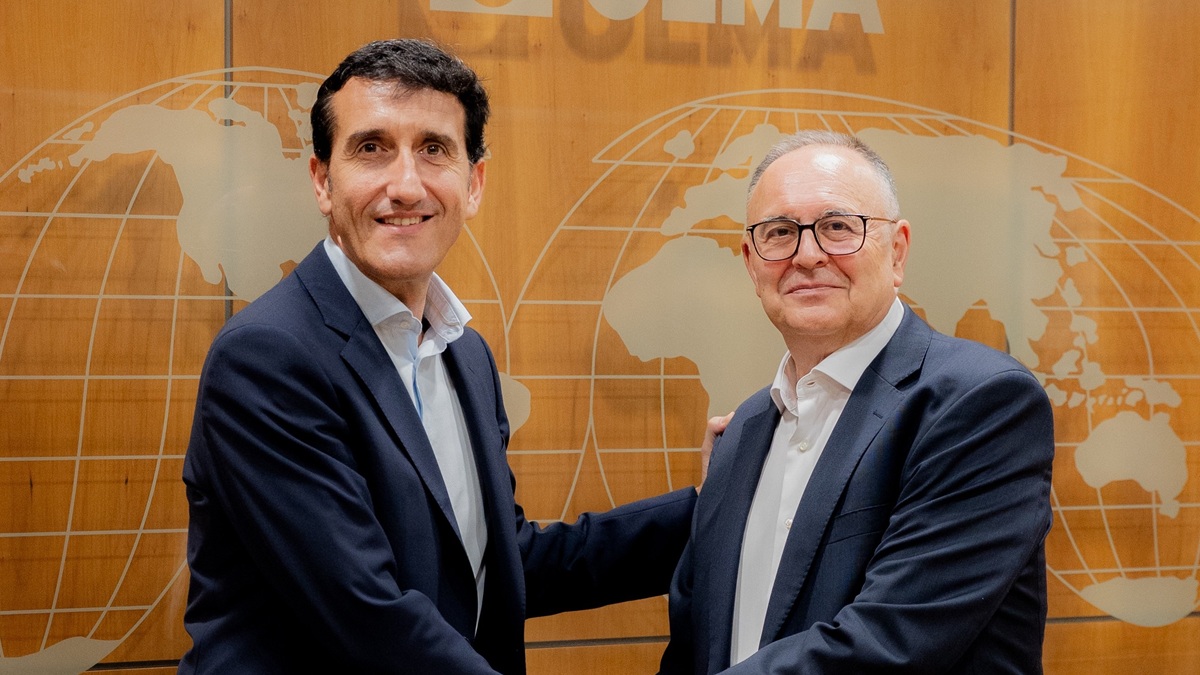Packaging
Is it time to rethink replacing plastic in packaging?
Dave Berriman, Technical Sales Support Manager at ULMA PACKAGING UK, commented: ?Recent cross-party parliamentary warnings surrounding replacing plastic packaging in the wake of the Green Alliance?s recent report on the topic indicates that alternative materials aren?t always better for the environment. The problem stems from replacing plastic with new packaging materials that have not always been properly assessed in terms of recyclability and carbon footprint.?
18 February, 2020
Dave Berriman, Technical Sales Support Manager at ULMA PACKAGING UK, commented: Recent cross-party parliamentary warnings surrounding replacing plastic packaging in the wake of the Green Alliances recent report on the topic indicates that alternative materials arent always better for the environment. The problem stems from replacing plastic with new packaging materials that have not always been properly assessed in terms of recyclability and carbon footprint. A cross-party parliamentary group warning that firms are replacing plastic with potentially more harmful alternatives for the environment is a wake-up call for companies to redouble their sustainability efforts, says an industry expert. Research from the report reveals that several supermarkets, for instance, are selling more drinks in coated cartons under the assumption that they can be recycled. Other perceived greener alternatives to plastic such as glass actually contributes more carbon due to being much heavier and therefore more polluting to transport. Dave added: For processors and retailers striving to respond to consumers who are increasingly looking for environmentally-friendly packaging solutions, it is crucial to find a solution that works. Clearly, cutting out plastic completely isnt currently meeting this objective. To achieve a more circular approach to plastic packaging, ULMA Packaging UK is working with a number of material suppliers to develop recyclable mono base materials. Ongoing development of its packaging machinery to reduce the amount of plastic required and make it easier for consumers to recycle in the first place is central to ULMAs approach. Dave, concluded: It is crucial to redouble sustainable innovation efforts given that packaging accounts for 40% of the plastic processed each year. As part of the #ULMAweCare project we have pledged to reduce the amount of packaging material required by introducing more innovations like our LeafSkinTM solution, that reduces plastics usage by up to 80% and is based on a 100% recyclable flat cardboard tray. Overall, we believe that reducing overall environmental impact, without compromising process efficiency, product integrity and consumer safety is achievable. We hope to act as an example to those in the broader circular economy and help facilitate change.












